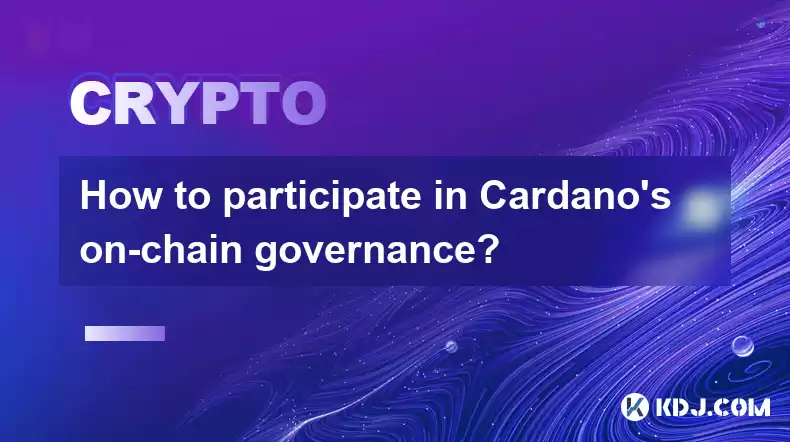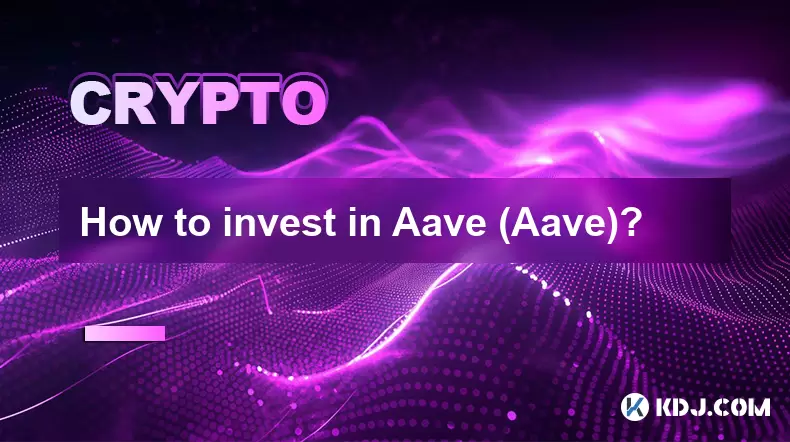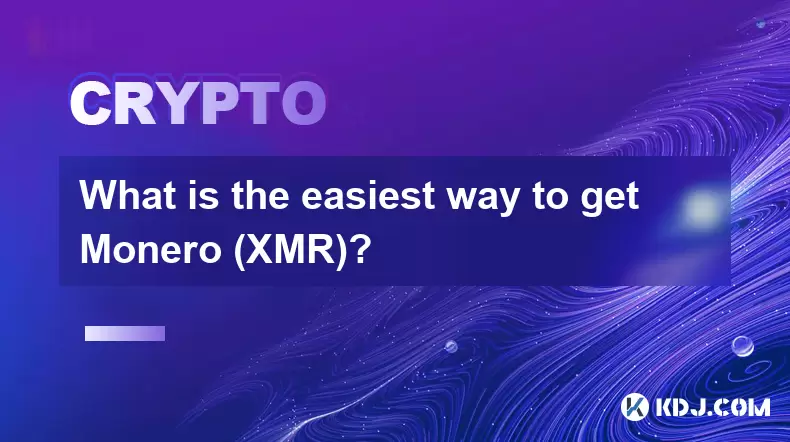-
 Bitcoin
Bitcoin $117400
1.88% -
 Ethereum
Ethereum $3867
5.29% -
 XRP
XRP $3.081
2.58% -
 Tether USDt
Tether USDt $1.000
0.03% -
 BNB
BNB $779.7
0.92% -
 Solana
Solana $171.8
2.11% -
 USDC
USDC $0.9999
0.01% -
 Dogecoin
Dogecoin $0.2172
5.80% -
 TRON
TRON $0.3413
1.41% -
 Cardano
Cardano $0.7641
3.06% -
 Hyperliquid
Hyperliquid $39.69
3.62% -
 Sui
Sui $3.731
6.73% -
 Stellar
Stellar $0.4125
3.55% -
 Chainlink
Chainlink $18.23
8.86% -
 Bitcoin Cash
Bitcoin Cash $579.5
1.41% -
 Hedera
Hedera $0.2538
4.02% -
 Ethena USDe
Ethena USDe $1.001
0.00% -
 Avalanche
Avalanche $22.81
2.82% -
 Litecoin
Litecoin $121.7
1.10% -
 UNUS SED LEO
UNUS SED LEO $8.962
-0.33% -
 Toncoin
Toncoin $3.324
2.94% -
 Shiba Inu
Shiba Inu $0.00001263
2.30% -
 Uniswap
Uniswap $10.24
4.95% -
 Polkadot
Polkadot $3.780
3.09% -
 Dai
Dai $1.000
0.03% -
 Bitget Token
Bitget Token $4.432
1.64% -
 Cronos
Cronos $0.1493
3.87% -
 Monero
Monero $256.7
-9.05% -
 Pepe
Pepe $0.00001092
3.99% -
 Aave
Aave $279.0
6.11%
How to participate in Cardano's on-chain governance?
Cardano's on-chain governance, empowered by a Proof-of-Stake voting system, allows users who stake their ADA to participate in shaping the platform's future through proposal submissions and voting.
Feb 16, 2025 at 01:31 am

Key Points:
- Cardano's governance model is based on a decentralized voting system.
- To participate in on-chain governance, users must stake their ADA.
- Voting is conducted through proposals submitted by the community.
- Participants can vote for or against proposals, as well as submit their own proposals.
- Successful proposals are implemented into the Cardano protocol.
How to Participate in Cardano's On-Chain Governance:
1. Stake Your ADA
To participate in on-chain governance, users must first stake their ADA. Staking can be done through a staking pool or a personal wallet. By staking their ADA, users delegate their voting power to a stake pool operator, who will vote on their behalf.
2. Join a Voting Pool
Voting pools are groups of users who pool their ADA together to increase their voting power. Joining a voting pool allows users to participate in governance without having to operate a stake pool themselves.
3. Submit a Proposal
To submit a governance proposal, users must create a proposal draft on the Cardano Improvement Proposals (CIP) platform. CIPs are technical specifications that propose changes to the Cardano protocol.
4. Submit Cardano Enhancement Proposal (CEP)
Cardano Enhancement Proposals (CEPs) are distinct from CIPs. CEPs are used to suggest non-technical improvements to the Cardano ecosystem, including changes to governance procedures, funding mechanisms, and community engagement initiatives.
5. Cast Your Vote
Once a proposal has been submitted, users can vote for or against it through their staking pool or personal wallet. Voting typically takes place over a period of several weeks.
6. Proposal Implementation
If a proposal receives a majority of votes, it is implemented into the Cardano protocol. The implementation timeline varies depending on the complexity of the proposal.
FAQs:
Q: What are the eligibility requirements to participate in governance?
A: To participate in governance, users must stake their ADA. There are no other eligibility requirements.
Q: What is the voting mechanism used in Cardano's governance system?
A: Cardano's governance system uses a Proof-of-Stake (PoS) voting mechanism. Users who stake their ADA have voting power proportional to their stake.
Q: How often do governance votes occur?
A: Governance votes occur on a regular basis, typically every six months. However, extraordinary votes may be held if necessary.
Q: Can users submit their own proposals?
A: Yes, users can submit their own proposals by creating a proposal draft on the Cardano Improvement Proposals (CIP) platform.
Q: How do I track the status of proposals I've voted on?
A: Users can track the status of proposals they've voted on through the Cardano Catalyst Project Catalyst website.
Disclaimer:info@kdj.com
The information provided is not trading advice. kdj.com does not assume any responsibility for any investments made based on the information provided in this article. Cryptocurrencies are highly volatile and it is highly recommended that you invest with caution after thorough research!
If you believe that the content used on this website infringes your copyright, please contact us immediately (info@kdj.com) and we will delete it promptly.
- Pi Coin's dApp and AI Potential: Building a Decentralized Future
- 2025-08-08 02:30:12
- Ruvi AI Takes the Lead: Outshining Dogecoin on CoinMarketCap
- 2025-08-08 02:50:12
- Cryptos Under $1: Is Ripple Still the King?
- 2025-08-08 03:50:12
- Cold Wallet, Bonk Price, ICP Price: Navigating the Crypto Landscape in 2025
- 2025-08-08 03:56:12
- Memecoins, Low-Cap Gems, and the Hunt for 10,000x Gains: What's Next?
- 2025-08-08 02:50:12
- Bitcoin, Greenidge, and Liquidity: Navigating the Crypto Currents in NYC
- 2025-08-08 02:30:12
Related knowledge

Where can I buy UMA (UMA)?
Aug 07,2025 at 06:42pm
Understanding UMA and Its Role in Decentralized FinanceUMA (Universal Market Access) is an Ethereum-based decentralized finance (DeFi) protocol design...

What exchanges support buying IOTA (MIOTA)?
Aug 07,2025 at 09:58pm
Understanding the Role of Private Keys in Cryptocurrency SecurityIn the world of cryptocurrency, private keys are the cornerstone of ownership and con...

What is the best app to buy EOS?
Aug 07,2025 at 04:35pm
Understanding EOS and Its Role in the Cryptocurrency EcosystemEOS is a blockchain platform designed to support decentralized applications (dApps) with...

What platforms support buying Fantom (FTM)?
Aug 08,2025 at 01:56am
Overview of Fantom (FTM) and Its EcosystemFantom (FTM) is a high-performance, scalable, and secure layer-1 blockchain designed to overcome the limitat...

How to invest in Aave (Aave)?
Aug 08,2025 at 01:07am
Understanding Aave (AAVE) and Its Role in DeFiAave is a decentralized finance (DeFi) protocol that enables users to lend, borrow, and earn interest on...

What is the easiest way to get Monero (XMR)?
Aug 08,2025 at 02:56am
Understanding Monero (XMR) and Its Privacy FeaturesMonero (XMR) is a privacy-focused cryptocurrency that ensures complete anonymity in transactions th...

Where can I buy UMA (UMA)?
Aug 07,2025 at 06:42pm
Understanding UMA and Its Role in Decentralized FinanceUMA (Universal Market Access) is an Ethereum-based decentralized finance (DeFi) protocol design...

What exchanges support buying IOTA (MIOTA)?
Aug 07,2025 at 09:58pm
Understanding the Role of Private Keys in Cryptocurrency SecurityIn the world of cryptocurrency, private keys are the cornerstone of ownership and con...

What is the best app to buy EOS?
Aug 07,2025 at 04:35pm
Understanding EOS and Its Role in the Cryptocurrency EcosystemEOS is a blockchain platform designed to support decentralized applications (dApps) with...

What platforms support buying Fantom (FTM)?
Aug 08,2025 at 01:56am
Overview of Fantom (FTM) and Its EcosystemFantom (FTM) is a high-performance, scalable, and secure layer-1 blockchain designed to overcome the limitat...

How to invest in Aave (Aave)?
Aug 08,2025 at 01:07am
Understanding Aave (AAVE) and Its Role in DeFiAave is a decentralized finance (DeFi) protocol that enables users to lend, borrow, and earn interest on...

What is the easiest way to get Monero (XMR)?
Aug 08,2025 at 02:56am
Understanding Monero (XMR) and Its Privacy FeaturesMonero (XMR) is a privacy-focused cryptocurrency that ensures complete anonymity in transactions th...
See all articles

























































































